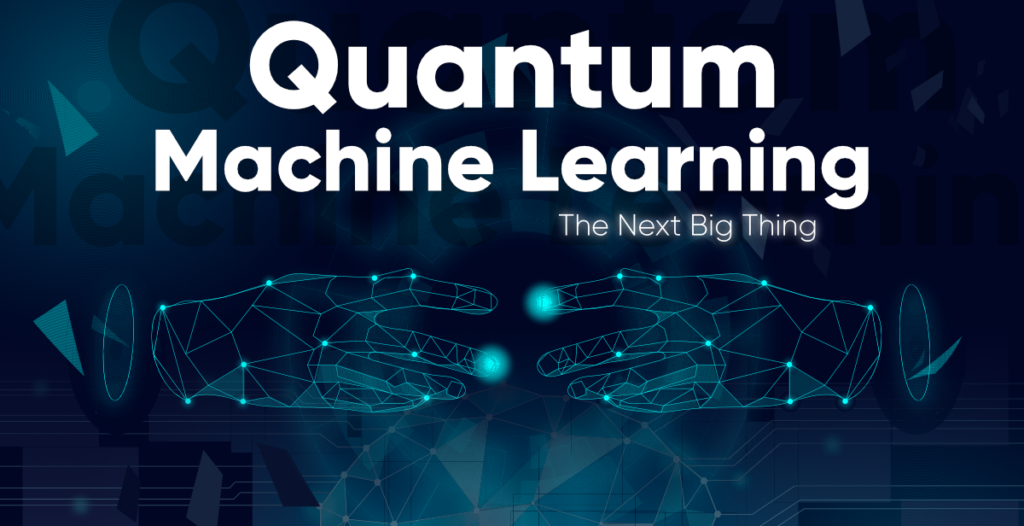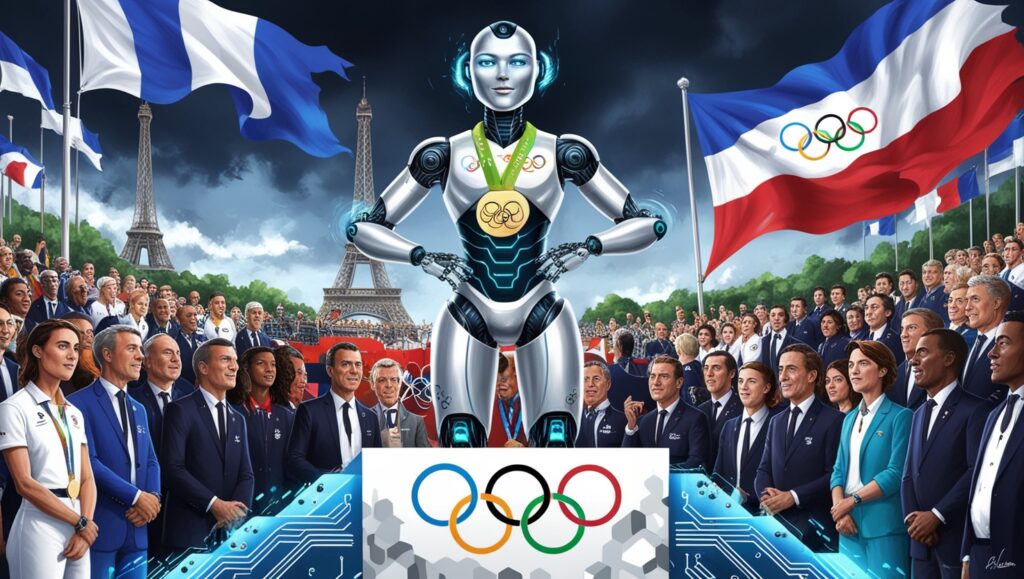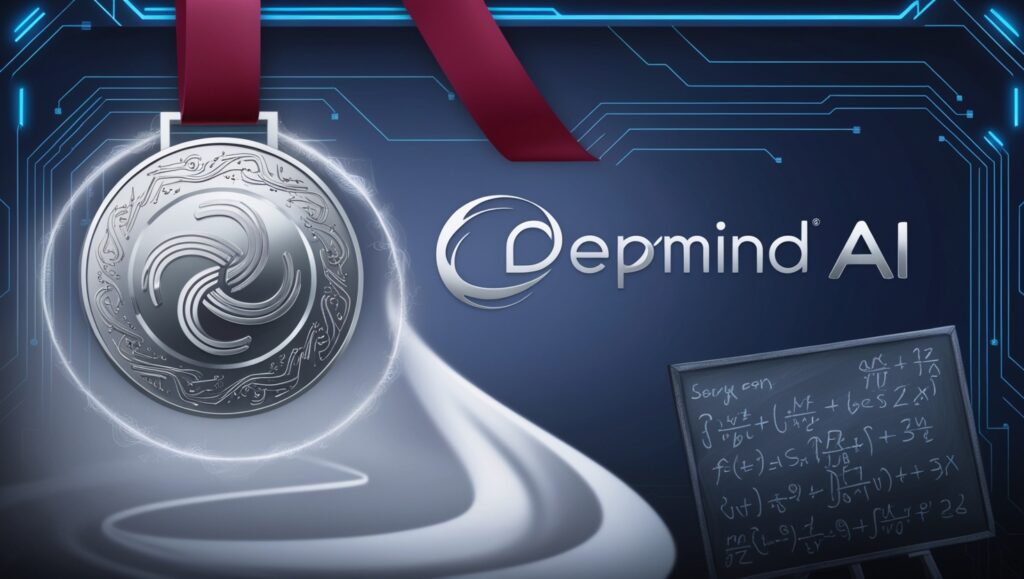Machine learning is a subfield of computer science and artificial intelligence (AI) that focuses on using data and methods to teach computers without directly programming them. All societal levels are debating AI algorithms like ChatGPT and other generative models; yet, there is still much to learn about quantum computers’ machine learning potential.
Whether quantum computers will be able to better solve some of the challenges presented by traditional machine learning is a subject that researchers from all around the world are now putting a lot of effort into trying to answer.
Recent findings from a study by a group of academics at Freie Universität Berlin question long-held beliefs about quantum machine learning. Neuronal quantum networks, the team has shown, are capable of learning and remembering seemingly random input. “Understanding Quantum Machine Learning Also Requires Rethinking Generalization” is the title of the article that Nature Communications released.
Different from ordinary computers, quantum computers operate on separate computing units that are based on different physical principles. They are dependent upon single atoms, ions, or superconducting circuits that follow the principles of quantum mechanics. Although, until recently, all that was thought to be possible were dreams, quantum computers are now a reality and are developing at an astounding rate.
Scientists are only recently learning about the capabilities of these computers, as quantum processor units now contain hundreds of qubits. The general consensus is that significant issues will be solved by quantum computers far faster than by supercomputers of today. Researchers are currently looking into how they may be used in machine learning applications as a result.
The focus of the recent study by the Freie Universität Berlin researchers was on quantum neural networks, which are a promising avenue in the field of quantum machine learning. The researchers found that these networks are capable of both learning and remembering seemingly random input. The way that quantum models respond to, or learn from, new data—a process called “generalization”—is traditionally understood, but these results contradict it.
As Elies Gil-Fuster, a researcher at Freie Universität Berlin and the Heinrich Hertz Institute, puts it, it’s like learning that a 6-year-old can memorize both the multiplication tables and random sequences of numbers at the same time. Their research challenges the fundamental assumptions of these quantum neural networks by demonstrating their extraordinary skill at fitting random data and labels.
The significance of this revelation is far-reaching. It puts into question established methods for assessing the generalization ability of machine learning models, such as the VC dimension and Rademacher complexity. The team’s findings indicate that quantum neural networks have an intrinsic ability to memorize, opening up new possibilities for research in both theoretical knowledge and practical implementations.
According to Jens Eisert, the head of the research group and a professor at Freie Universität Berlin with connections to the Heinrich Hertz Institute, this doesn’t necessarily mean that quantum machine learning is doomed to poor generalization, but it does mean that we need to reconsider how we approach the issue. Our results imply that a paradigm change in the conception and assessment of quantum models for machine learning tasks is required.
The researchers claim that these results mark a substantial advancement in our comprehension of quantum machine learning and its possible uses. By questioning accepted knowledge, the study opens the door to fresh perspectives and advancements in this rapidly evolving subject.
The researchers emphasize the significance of their findings by saying, This discovery may alter the future of quantum machine learning models, much as earlier physics discoveries have changed our understanding of the cosmos. Understanding these subtleties may be the key to advancing the subject of quantum machine learning further, particularly as we stand on the brink of a new age in technology.








